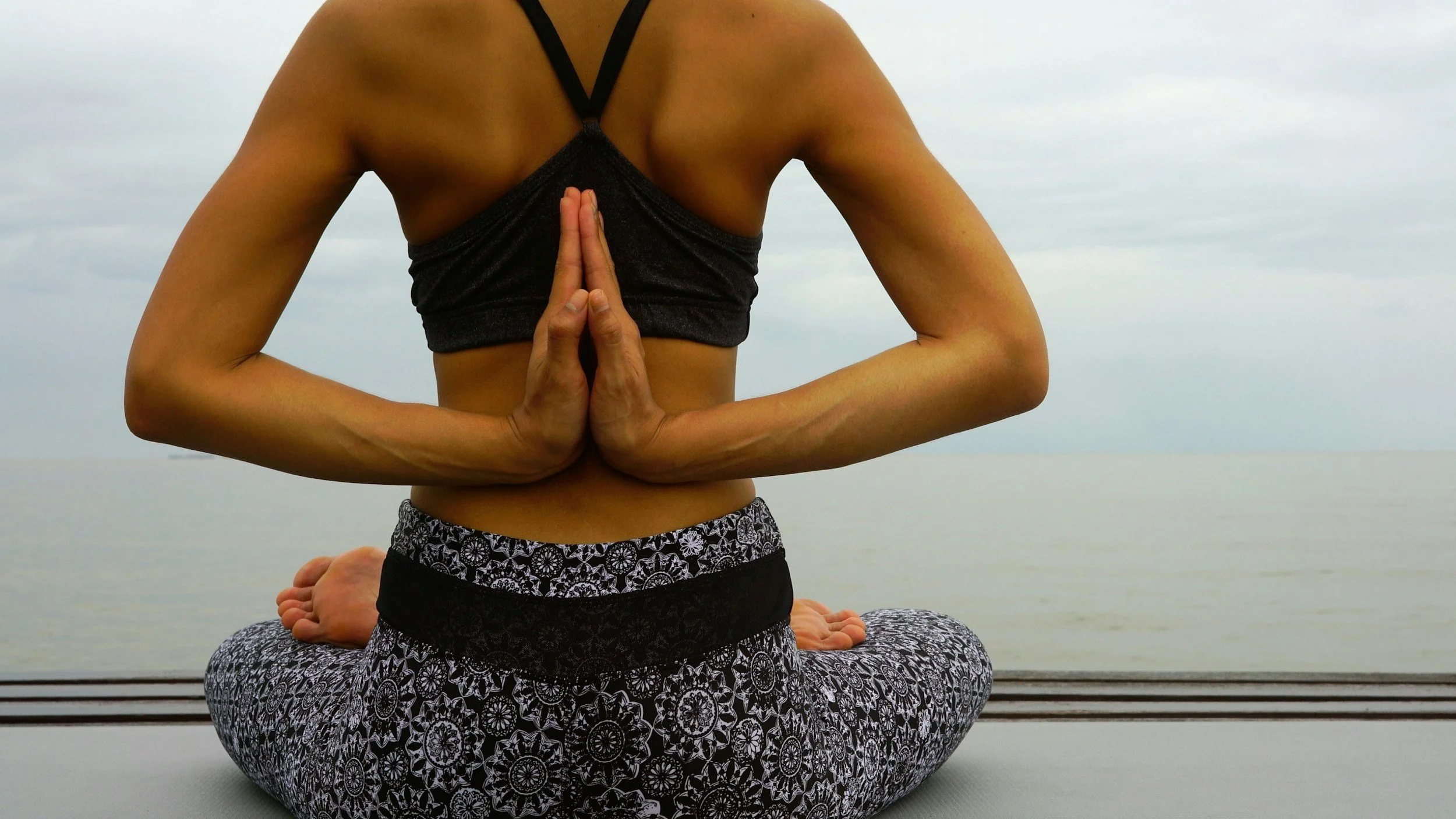How Physical Activity Can Help Relieve Stress
Stress has become an unwelcome companion for many of us. Whether due to work, family, or the myriad challenges that life throws our way, we've all felt that familiar tightening in the chest, quickened heartbeat, and the looming sense of overwhelm.
As a Health Coach, one of my most common queries is: "How can I effectively manage and relieve stress?" While there are numerous ways to answer this, one remedy stands out for its simplicity and wide-ranging benefits: physical activity.
When stressed, our body releases a cocktail of hormones, notably cortisol and adrenaline. These hormones prepare us for the age-old 'fight or flight' response. In small doses, these hormones are helpful, aiding in our response to immediate danger. However, in today's world, where stressors are often continuous (think of persistent emails, notifications, or deadlines), these hormones can remain in our system longer than necessary, leading to detrimental health effects.
Engaging in physical activity is like hitting the reset button. Exercise increases the production of endorphins – our body's natural painkillers and mood elevators.
The Multifaceted Benefits of Exercise
Mental Clarity: Physical activities, especially aerobic exercises like jogging, swimming, or brisk walking, increase oxygen flow to the brain. This enhanced oxygen supply can help improve cognitive functions and clear the mental fog often associated with stress.
Improved Sleep: Stress can often wreak havoc on our sleep patterns. Regular physical activity can regulate our body's internal clock, or circadian rhythm, promoting more restful and rejuvenating sleep.
Boosted Self-Esteem: The sense of accomplishment after a good workout or seeing gradual improvements in our physical capabilities can bolster self-confidence, helping us face life's challenges with renewed vigor.
Mindfulness and Presence: Activities like yoga, Tai Chi, or even focused weightlifting can cultivate a sense of presence, drawing our attention to the 'now.' This mindfulness practice can be a potent antidote to stress, pulling us away from ruminative or anxious thoughts.
Social Connections: Group exercises, be it a dance class, a cycling group, or a neighborhood jogging club, provide an excellent avenue to connect with others. Social interactions, laughter, and shared challenges in these settings can act as natural stress-busters.
Making Physical Activity a Regular Habit
Knowing the benefits of exercise is one thing; integrating it into our daily lives is another. Here are some tips to make physical activity a regular ally in your battle against stress:
Start Small: If you're new to exercise or returning after a hiatus, it's essential to begin with manageable goals. It could be a 10-minute walk daily, gradually increasing the time or intensity as you become more comfortable.
Find Activities You Enjoy: You're more likely to stick with a routine if you genuinely enjoy it. Choose what resonates with you, whether dancing, cycling, or hiking.
Schedule It: Like any important appointment, block out time for physical activity in your calendar. Treat it as a non-negotiable meeting with yourself.
Seek Support: Share your goals with friends or family. Better yet, find a workout buddy. Accountability can play a crucial role in maintaining consistency.
Listen to Your Body: It's essential to strike a balance. While regularity is crucial, allowing your body to rest and recover is equally important.
Remember, every step taken, every dance move executed, and every weight lifted can be a step towards a more peaceful, resilient, and stress-free life. Embrace the movement, and let your body and mind reap the rewards.

